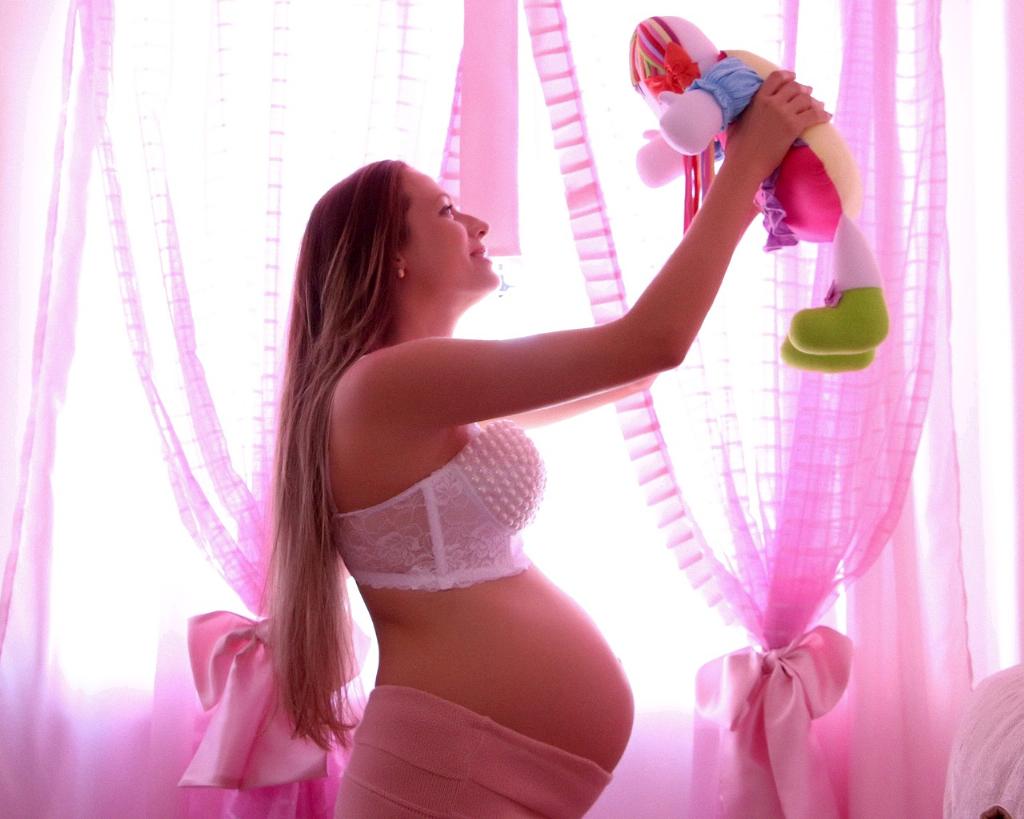One of the complex and fascinating aspects of intersexuality is its relationship with fertility and pregnancy. Can a male intersex individual be pregnant? The answer is not a simple yes or no, as it depends on various factors unique to each person.
Biological Diversity Among Intersex Individuals
Intersex individuals may have a combination of male and female biological characteristics, including differences in sex chromosomes, reproductive organs, and hormone levels. This biological diversity can affect their reproductive capabilities.
Potential for Pregnancy in Intersex Males
While traditionally males do not carry pregnancies, some intersex individuals assigned male at birth may have functional ovaries and a uterus. In such cases, they have the potential to conceive and carry a pregnancy, blurring the lines between traditional notions of male and female reproductive roles.
Complexities in Intersex Reproductive Health
Intersex individuals may face unique challenges in their reproductive health, including infertility, hormonal imbalances, and anatomical variations that can impact their fertility. Seeking support from healthcare professionals who understand these complexities is crucial for managing their reproductive needs.
Medical Interventions and Fertility
Some intersex individuals may undergo medical interventions, such as hormone therapy or surgical procedures, that can have implications for their fertility. It is essential for individuals considering such interventions to discuss their reproductive goals with healthcare providers to make informed decisions.
Supporting Reproductive Choices
Intersex individuals, like all people, deserve respect and support for their reproductive choices. Whether a male intersex person wishes to pursue pregnancy or not, they should have access to comprehensive healthcare services that address their unique needs and preferences.
Legal and Ethical Considerations
Legal and ethical considerations surrounding reproductive rights and parenthood for intersex individuals are complex and varied. Ensuring that intersex people have the autonomy to make decisions about their bodies and families without fear of discrimination is essential for upholding their rights.
Building Inclusive Healthcare Practices
Healthcare providers play a crucial role in creating inclusive and affirming spaces for intersex individuals seeking reproductive care. By staying informed about intersex issues and practicing cultural humility, providers can better support their patients’ diverse reproductive journeys.
Embracing Diversity in Reproductive Narratives
Expanding our understanding of reproductive diversity to include intersex experiences challenges binary concepts of gender and sexuality. By embracing the complexity and richness of intersex reproductive narratives, we can move towards a more inclusive and affirming society for all individuals.
Advocacy and Awareness
Advocating for the rights and visibility of intersex individuals in discussions about reproductive health is crucial for fostering greater awareness and acceptance. By amplifying intersex voices and promoting education on intersex issues, we can work towards a more inclusive and equitable future for all.
Conclusion
In conclusion, the question of whether a male intersex individual can be pregnant is a complex one that underscores the diversity and intricacies of human biology and reproduction. By recognizing and respecting the unique experiences of intersex individuals, we can strive towards a more inclusive and supportive society that celebrates the full spectrum of human diversity.

